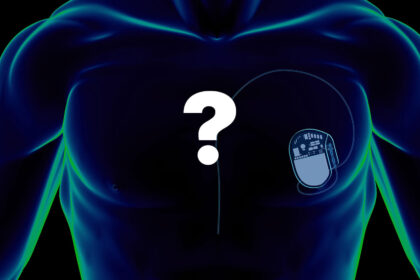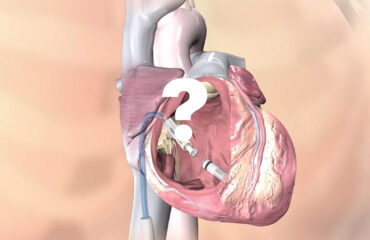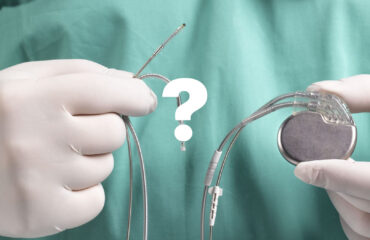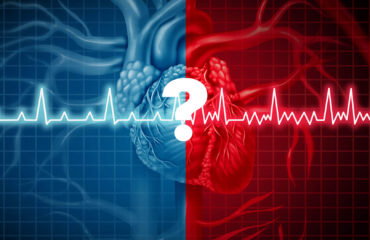
Why is a permanent pacemaker needed?
In case the heart rate slows down excessively because the warning center (sinus node) cannot generate a warning at a sufficient rate or there is any interruption in the conduction paths, pacemakers placed in the body are needed to provide the necessary heart rate for the patient to maintain a normal life.
Permanent pacemakers are advanced technology products, and they are activated when necessary by constantly sensing the heart’s work. In some species, when the patient’s heart rate needs to increase, they respond quickly. Thus, the patient’s complaints such as fainting, fainting, dizziness, and shortness of breath due to the slowing of the heart rate will disappear, and the quality of life will improve.
How is permanent pacemaker implantation performed?
The procedure is generally performed under local anesthesia by placing thin wires called electrodes through the great veins in the chest going to the heart to one or both of the atria or ventricles of the heart and connecting them to a generator placed under the chest skin. This is a process that usually takes 30-60 minutes. The hospital stay may be 2-5 days.
Could there be undesirable events associated with permanent pacemaker implantation, what is the risk of the procedure?
Permanent pacemaker implantation is a small-scale surgical procedure. Therefore, some undesirable situations, which we call complications, may occur in practice. However, the risk of complications in these procedures is very low and is often not vital. Undesirable conditions that may occur during the application include rupture of the pleura when entering the vein, bleeding due to the needle entering the artery instead of the vein, and rhythm disturbances. Although it is possible for the wound to become infected after the procedure, this is a rare condition. To prevent this, preventive antibiotic therapy will be given. In a long time, sometimes occlusion of the veins to which the electrode wires are applied and related problems (such as swelling in the face, arms, vein networks in the anterior part of the chest) may occur. Again, rarely, after a while after a pacemaker is inserted, the battery generator or cables may spontaneously come out of the skin. In this case, the permanent pacemaker pocket may need to be reopened and repaired.
You may need to lie down without getting out of bed for 24 hours after the application. Stitches will be removed 6-10 days after the procedure. After a permanent pacemaker is placed, there will generally not be a significant change in your life. However, your doctor will inform you about the behaviors and environmental conditions that may adversely affect your pacemaker.
There is no treatment method that can replace this treatment in patients who need permanent pacemaker, which may be of vital importance. When the battery life runs out after an average of 5-6 years, this time only the generator of the battery will be replaced and the wires will not be touched. After the battery is inserted, you will need to be checked by your doctor at certain intervals.





